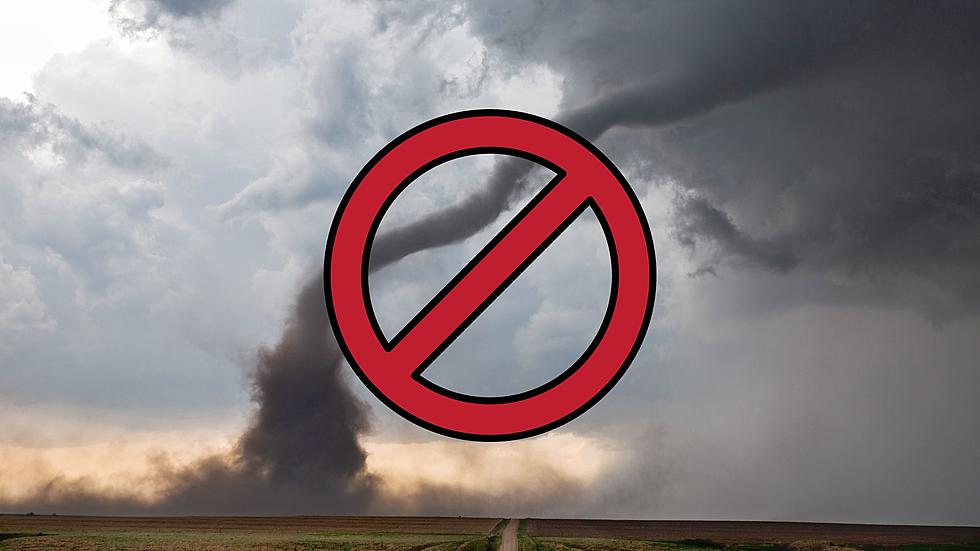
There is One Minnesota Place that is Almost Tornado-Proof
For many people it's a love-hate relationship with Lake Superior. We love the views of endless water, we appreciate the free air conditioning coming off the lake in July, when the rest of Minnesota and Wisconsin is sweating their eyeballs off. All that freshwater in our back yard is a blessing of H2O. But the largest of the Great Lakes adds water to the air, making it feel colder much of the year and sparking roving bands of heavy lake effect snow bands. One thing Lake Superior does very well? It insulates the Minnesota Arrowhead from tornadoes. Cook County, Minnesota has the distinction as the least tornado-prone county in the state of Minnesota.
The other day I stumbled upon this map from the Minnesota DNR and State Climatology Office, showing the number of tornadoes by county since 1950, when accurate, reliable tornado measurements began. Southern and western counties are far more likely to experience nature's deadliest winds than most of the Northland.
Here is a zoomed-in version of the map from the MN DNR, showing only 3 tornadoes (total) for Cook country since 1950, with 7 twisters reported in Lake county. Why so many more (36) in St. Louis county? It's a much bigger county and farther inland from Lake Superior's cooling breezes, which interfere with "supercells", the spinning thunderstorms that occasionally spawn tornadoes. Being near cool lake water effectively throws sand in the gears of the most violent storms.
Although not in traditional "Tornado Alley" which stretches from Texas north to Iowa, Minnesota and Wisconsin are both in "Tornado Cul de sac". We get our fair share, an average of 29 tornadoes every year in Minnesota, according to the latest data set from the Minnesota DNR. A slowly warming climate may increase the risk in decades to come, but right now we don't know how the cool signal from Lake Superior tamping down tornadoes will be impacted by warmer, wetter circulations aloft.
CoreLogic has data showing the safest places to live in the U.S. are mostly in Colorado and Utah. Unlike those states, there is no perpetual water shortage in the Northland, and we rarely see massive wildfires. No earthquakes or hurricanes (heavens no) make this a relatively safe place, geologically and meteorologically, to hang out.
The Minnesota Arrowhead is nearly tornado-free.



